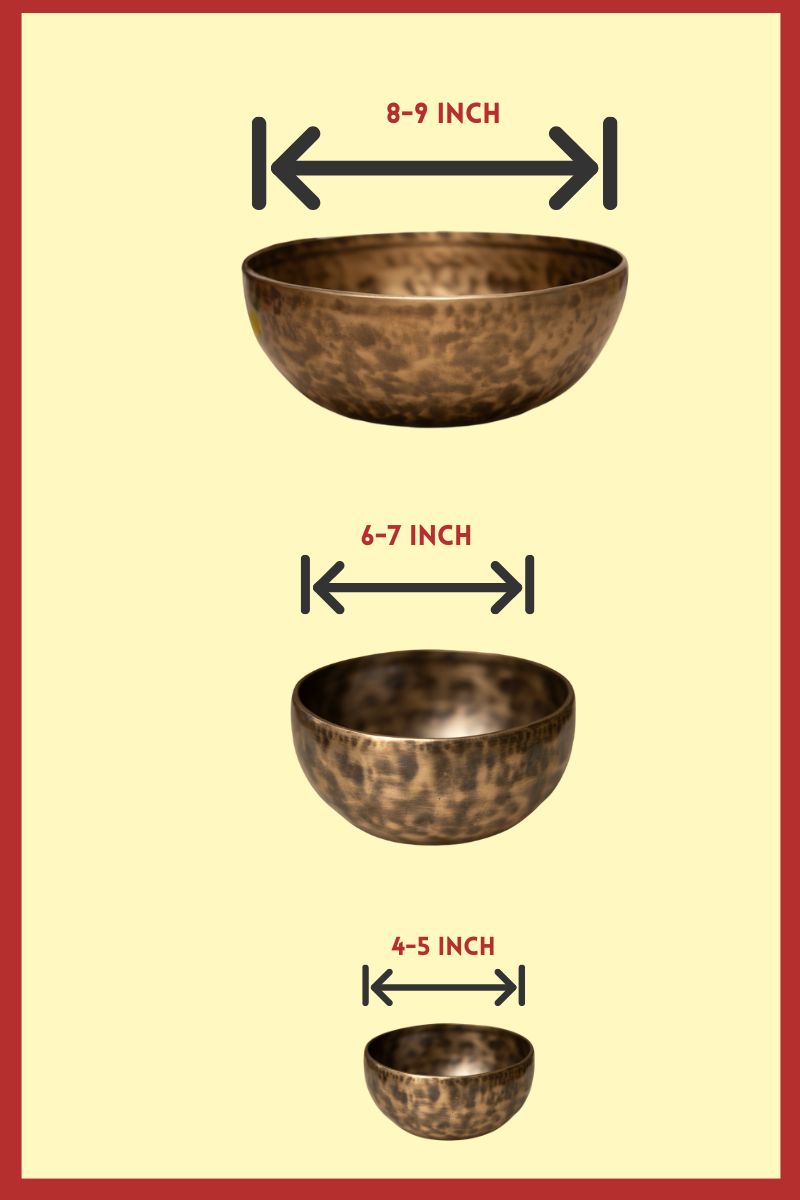There is a deep practice that crosses countries and eras that we may engage in amid the chaos of our everyday lives, as time flies by like grains of sand. This practice is meditation. However, one would wonder who should study this antiquated craft. As we will see, the response is more common than one might imagine.
Uncovering the Universality of Meditation
Despite popular belief, meditation is not a mysterious art form practiced only by esoteric searchers or ascetics residing on remote mountaintops. Anyone can receive it as a universal gift, regardless of their age, occupation, or way of life. The transforming power of meditation to cultivate a calm and concentrated mind is what draws in practitioners, from business leaders managing boardroom difficulties to students engrossed in textbooks.
The Everlasting Allure of Meditation
The discipline of meditation has endured across time. It continues to be a beacon of hope for people pursuing mental clarity and inner serenity even in the absence of a particular historical period or cultural paradigm. Its adaptability—a practice that shapes itself to meet the contours of many lives—is what gives yoga its global appeal.
Why It Matters to Introduce Meditation at a Young Age

Although meditation is a practice that can be adopted at any stage of life, there is strong evidence to support its introduction at an early age. Rapid cognitive development occurs during childhood and adolescence, and the abilities developed via meditation can have a significant influence on an individual's capacity to traverse life's complex web.
The Focus Connection
Starting in our early school years, we are constantly urged to focus on our academics and to give our all to the job at hand. However, we are rarely given the resources necessary to develop this kind of focus. This is where the benefits of meditation as a guide become apparent.
The Art of Focus

Essentially, meditation is the practice of maintaining focus. Instead than purging the mind of ideas, the goal is to teach it how to gracefully traverse the ups and downs of the mental terrain. This capacity to maintain focus and withstand interruptions is a useful trait in all facets of life.
Education of the Mind
Teaching kids to meditate is like giving them a mental handbook in a world full of stimuli. While they set out on their educational path, meditation turns into a silent ally that helps them focus and stay clear while they traverse the information sea.
Outside the Classroom

Early meditation has numerous advantages that go well beyond scholastic endeavors. The capacity to concentrate becomes a superpower in a world where information is abundant and our attention is drawn in a variety of directions. Imagine a young mind that is prepared to succeed in school as well as to make wise judgments, negotiate the intricacies of relationships, and overcome obstacles with fortitude.
The Mind's Playground
Instead of being a strict discipline, meditation is a flexible instrument that can be tailored to the requirements of the practitioner. It turns into a mental playground for kids and teens, where they may learn about, practice, and become experts at paying attention. By doing this, it establishes the framework for a resilient and well-balanced mentality.
The Age-Old Wisdom Still Applies Today

Within a society obsessed with the newest and greatest thing, the ageless knowledge contained in meditation has a special appeal. It's a habit that has withstood the test of time rather than a fleeting fad or trend. Because it addresses a basic human need—the need for inner serenity and focus in the face of life's storms—it continues to be relevant today.
Conclusion
Who exactly ought to meditate? The response is really straightforward; anybody and everyone. Meditation is the conductor who brings harmony within the symphony of life. Furthermore, when presented at a young age, its influence is not just significant but also transformative, molding brains that are both emotionally stable and intellectually proficient.
Let us keep in mind the age-old wisdom that calls us to silence as we negotiate the difficulties of the contemporary world. Not only can meditation help us focus, but it also provides a timeless haven for the restless soul, a calm haven where the spirit can find peace and the mind can find comfort.







